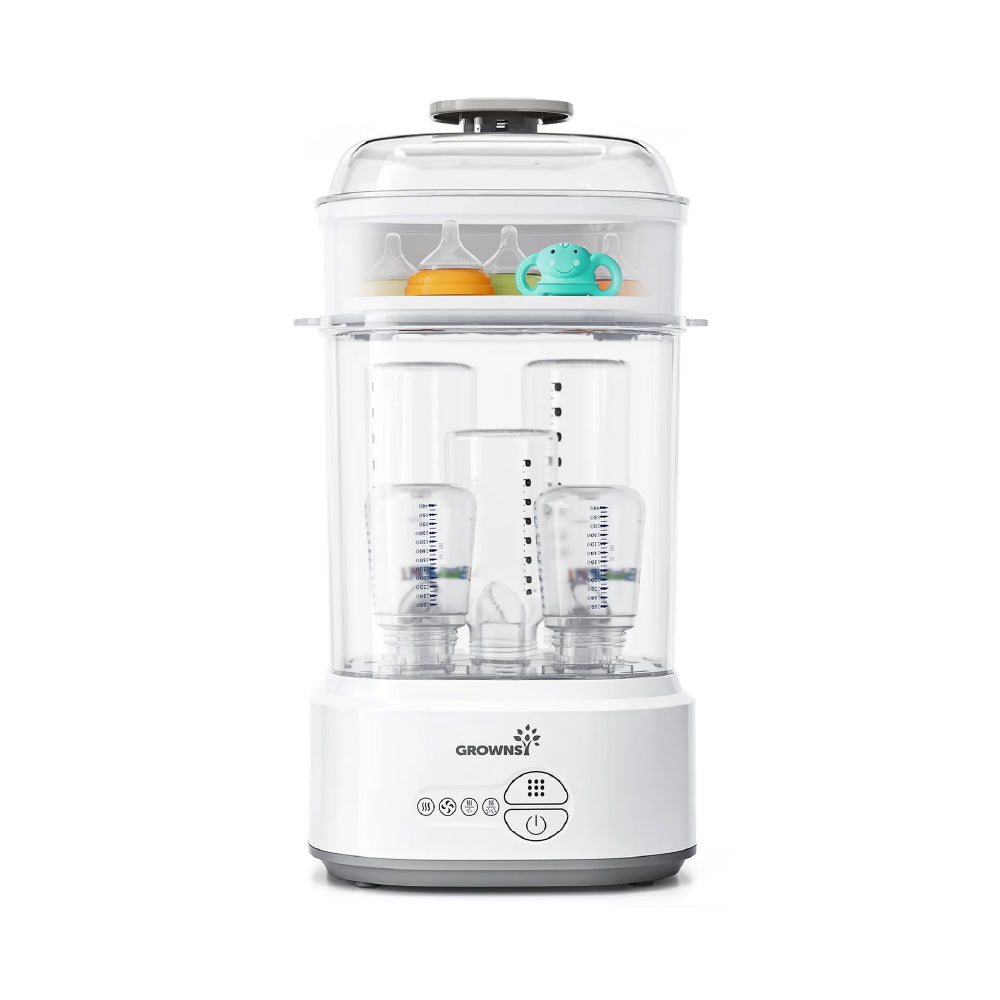Discover the Surprising Truth About Sterilizing Baby Bottles!
As new parents, the health and safety of our little ones become our top priority, and this is especially true when it comes to feeding. Baby bottles are essential tools in this journey, but they also pose a potential risk if not properly cared for. The presence of germs and bacteria on baby bottles can lead to serious health issues for infants, whose immune systems are still developing. This concern raises an important question for many parents: Is sterilization really necessary? Understanding the significance of this practice can help parents make informed decisions about their baby's health.

The Importance of Sterilizing Baby Bottles
Sterilizing baby bottles is crucial for reducing the risk of harmful bacteria and viruses that can cause infections in infants. Babies, especially those under three months, are particularly vulnerable to illnesses due to their immature immune systems. Research has shown that bacteria such as E. coli and Salmonella can thrive on improperly cleaned baby bottles, potentially leading to gastrointestinal distress and more serious health problems. By sterilizing bottles, parents can significantly lower the risk of introducing these pathogens into their baby's digestive system. Additionally, sterilization can help prevent the growth of mold and yeast, ensuring that feeding time is safe and hygienic. It's a simple yet effective way to protect our little ones from unnecessary health risks.
When is Sterilization Necessary?
There are specific situations where sterilizing baby bottles becomes even more critical. For instance, newborns—especially those born prematurely or with health issues—are at a higher risk of infections and should have their bottles sterilized until they are at least three months old. If your infant is sick, it's also advisable to sterilize bottles to prevent further contamination. Moreover, if you’ve acquired secondhand bottles, sterilization is a must to eliminate any residual bacteria from prior use. Healthcare professionals often recommend a thorough sterilization process in these scenarios to safeguard your baby's health. It's essential to stay informed and follow these guidelines to ensure that your little one is always safe during feeding times.
Methods of Sterilization
Parents have several effective methods at their disposal for sterilizing baby bottles. One of the most common methods is boiling. Simply submerging bottles in a pot of boiling water for five to ten minutes can effectively kill most germs. Another popular choice is using steam sterilizers, which can be electric or microwave-based. These devices use high temperatures to sanitize bottles quickly and efficiently, offering convenience for busy parents. Chemical sterilization is also an option, where bottles are soaked in a solution designed to kill bacteria. Each method has its pros and cons, so parents should choose the one that fits their lifestyle best. Regardless of the method chosen, ensuring thorough cleaning before sterilization is key to maintaining optimal hygiene.
Do You Really Need to Sterilize After Every Use?
The necessity of routine sterilization is a topic of debate among experts. While some parents may feel compelled to sterilize bottles after each use, others may find this practice excessive, especially as babies grow older and their immune systems strengthen. Many pediatricians suggest that after the first few months of life, it may be acceptable to simply wash bottles with hot soapy water and rinse thoroughly. However, this is contingent on the baby’s health and any underlying concerns, such as a weakened immune system. Parents should weigh expert opinions and guidelines against their individual circumstances to determine what is best for their child. The key is to maintain a balance between cleanliness and practicality.
Prioritizing Baby Bottle Hygiene
In conclusion, understanding the importance of sterilizing baby bottles is vital for every parent. While the risks associated with improper bottle cleaning are significant, knowing when and how to sterilize can greatly enhance your baby's health and safety. It's crucial to follow best practices tailored to your baby's age and health status. By staying informed and proactive about bottle hygiene, parents can ensure a safe feeding experience for their little ones. Ultimately, whether you choose to sterilize after every use or adopt a more relaxed approach, the priority should always be the well-being of your child.








